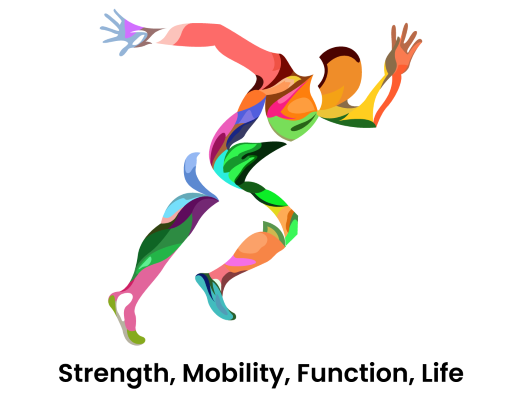Physical therapy is a healthcare profession that helps people restore function, improve mobility, reduce pain, and prevent or manage disability. It can help individuals of all ages, from newborns to older adults, who are affected by injuries, illnesses, or chronic conditions.
What conditions can physical therapy help with?Physical therapy can help with a wide range of conditions, including:
- Sports injuries
- Back pain
- Joint Pain
- Arthritis
- Neurological conditions like stroke or Parkinson’s disease
- Balance and gait problems
- Wound healing
- And many more
During your initial evaluation, the physical therapist will ask you about your medical history, symptoms, and goals. They will also perform a physical examination to assess your range of motion, strength, balance, and coordination.
What does a typical physical therapy session look like?A typical physical therapy session may include:
- Manual therapy techniques like massage, mobilization, and stretching
- Therapeutic exercises to improve strength, flexibility, and balance
- Education on your condition and how to manage it at home
- Modalities like ultrasound, electrical stimulation, or heat/cold therapy
- How often will I need physical therapy?
The frequency of your physical therapy sessions will depend on your individual needs and condition. Typically, patients attend PT 1-3 times per week for several weeks or months.
Billing and Insurance: Does my insurance cover physical therapy?Most insurance plans cover physical therapy, but your coverage will vary depending on your specific plan. It’s best to contact us to verify your coverage and any out-of-pocket costs.
What are the payment options for physical therapy?We accept cash, check, and credit cards. They may also work with patients to develop payment plans.
Additional Questions:What should I wear to my physical therapy appointment?
Wear comfortable, loose-fitting clothing that allows the physical therapist to easily access the area being treated.
What should I bring to my first appointment?Bring your insurance card, a list of your current medications, and any relevant medical records or referral forms.
Will physical therapy be painful?Some physical therapy treatments may cause mild discomfort, but your therapist will work with you to minimize any pain and ensure your comfort throughout the session.
